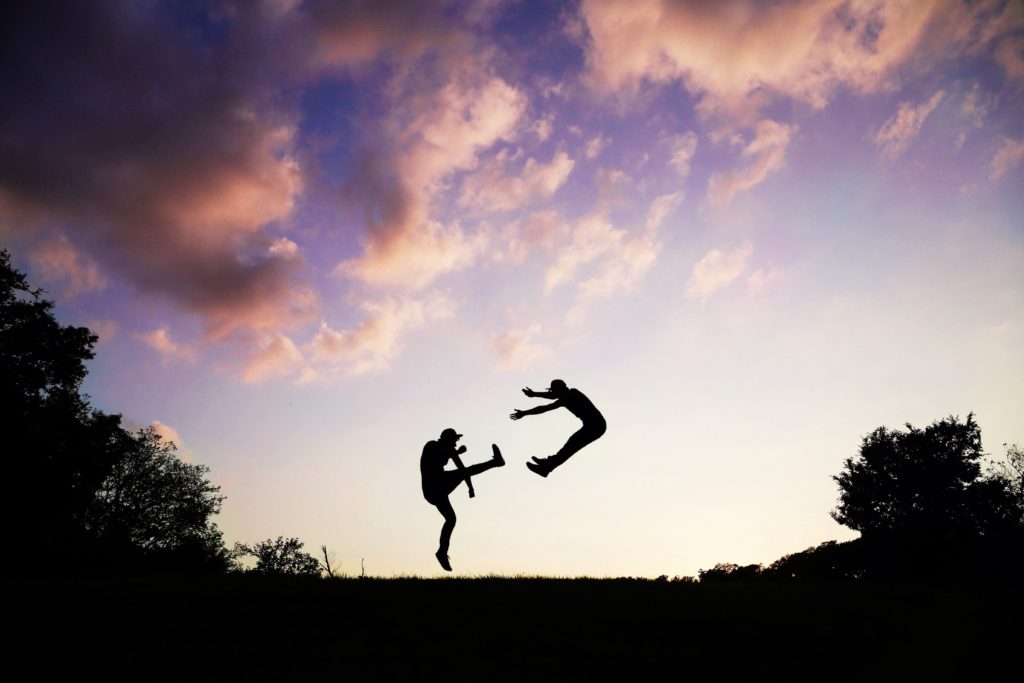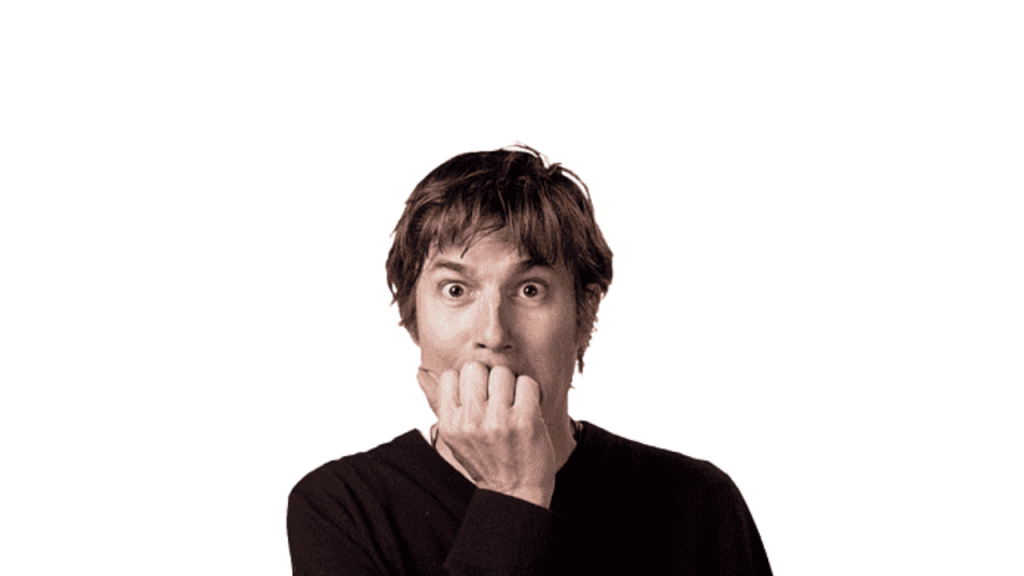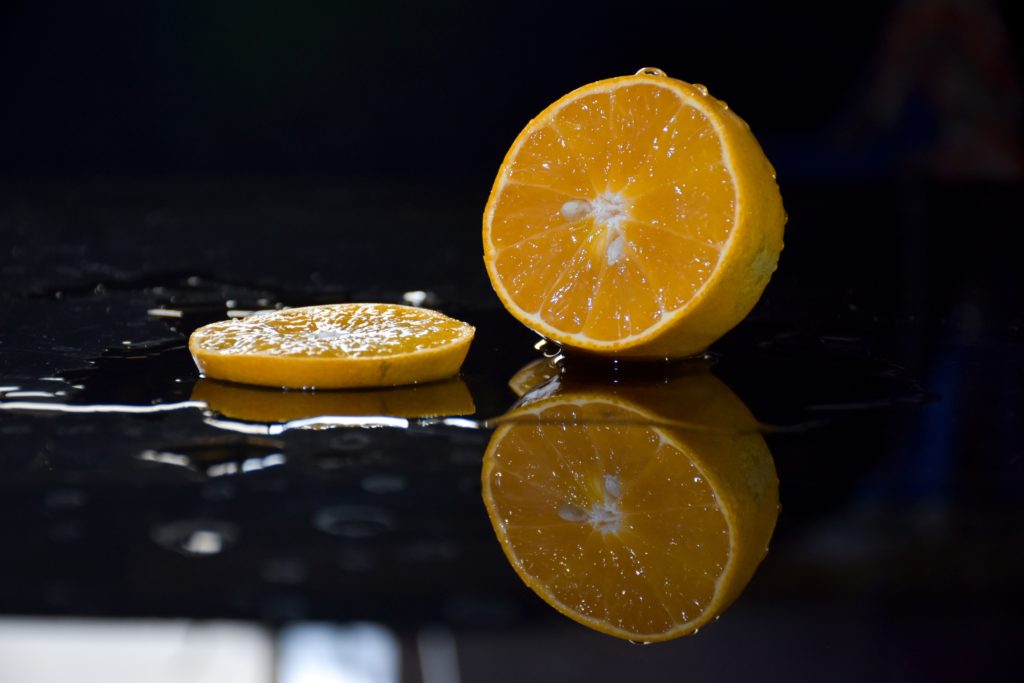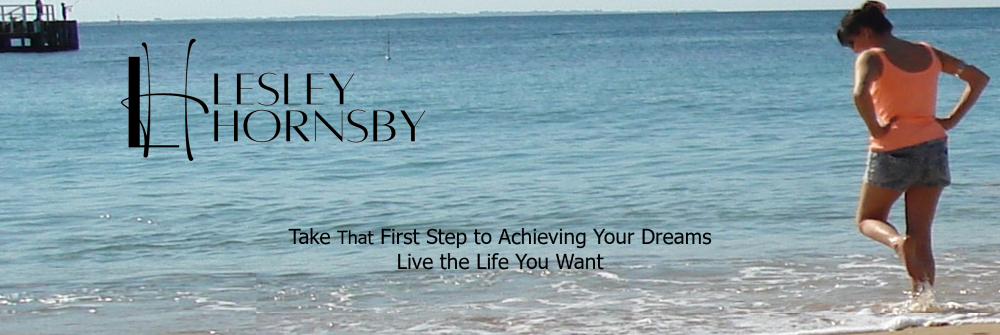Why does it matter?
Firstly, let’s just step back a moment and ponder a little on human behaviour. The fact is, all behaviour is learned one way or another. It pivots on the instinctive need to assess the external world and the dichotomies of dangerous vs not dangerous; friend or foe; pleasure or pain and is pretty much ingrained in our DNA. All this a throwback to a more visceral existence, where survival literally depended on choosing the right response to any given situation. Which of course is where our fight or flight response is routed and why our bodies react to stress by flooding us with adrenaline and cortisol.

Having said that, it’s apparent that not everyone reacts the same way in the same situation. Responses become conditioned over the course of your life, developed and determined by your very unique personal experiences and by the influence of others around you.
There’s the straight-out teaching of appropriate response behaviour. So, for instance, I remember being taught as a child that roads were dangerous, that I should look left, then right, then left again before trying to cross. That I should never run, because I may stumble and fall and be in danger. And that behavioural response has stayed with me to this day. Checking a road before I cross is, well I’m not even aware of doing it sometimes, that’s how ingrained it is.
Then there are the subliminal cues we pick up on. For example, I have no fear of mice; spiders; snakes or bats! All of which, I know, are high on the phobias chart. But then I was never TAUGHT to be afraid. As a child, I never witnessed any fearful reaction by parents or anyone else as far as I can remember. Exposure through media to these reactions and behaviours was not as prevalent when I was a child; the internet didn’t exist, so I guess my influences came from a much smaller information and influence pool.

However, conjure up images of a cockroach and, for me anyway, it’s a very different story. Despite every rational thought as an adult, my reaction is still wildly disproportionate and of phobic proportions; basically, I lose my mind. I can clearly remember both my parents absolutely freaking out one day when confronted by a cockroach scurrying across the floor of a hotel room in Tunisia. The nice big black juicy ones that can fly by the way. Witnessing this extreme reaction as a child, instilled such a fear that from that point on any future cockroach encounters have triggered a reaction that has me shrieking like a banshee, jumping on furniture and ultimately fleeing the room as if my life depended upon it.
Let’s consider some other scenario that might provoke this kind of ‘unhelpful’ response. Have you ever found yourself shaking with nerves before an interview?Feeling sick at the thought of giving a presentation? Sweaty palms when meeting people for the first time? All these physical reactions come from your mind triggering your body to produce adrenaline!
These physiological reactions are unwanted and unhelpful, but we feel unable to prevent them. Your subconscious mind takes its cue from cultivated beliefs based past experiences or sometimes what you’ve been led to believe.
It’s as if your mind leafs through your memories and decides, “Hmmmmm, so you are going to present to your colleagues, are you? I can tell you’re not sure how they’ll react and I’m sensing anxiety. Clearly this mean you’re in danger. Okay, I’m going to release all the chemicals that you need to get you out of this perilous situation”.
As your brain secretes away, it’s telling your body to gear up for a punch up or a quick getaway. What was really important in a life or death scenario, now, in a non life-threatening situation, becomes super unproductive and can potentially do the opposite of what was intended and end up sabotaging you instead.

Nightmare, right? So, what can we do about it? Which takes me back to our original question…
Is there a difference between perception and reality?
It becomes clear that your mind needs a little direction. As we’ve seen, left to its own devices it can provoke ‘interesting’ responses, responses that you might not appreciate.
The fact is, that it’s not so much that there’s a difference between perception and reality, but that the mind doesn’t really know the difference!
So let me put this into another context for you.
I’m going to describe something to you and I’d like you to actively access any of your five senses as we go on. We’ll go step by step so you have time to experience your response before moving onto the next step. As we progress, picture and imagine yourself doing, as you read!
Your standing and someone hands you a whole lemon. It’s nestled in your palm. Take a moment and imagine its shape and colour and anticipate its zesty freshness. Begin to feel the weight of the lemon. Notice the texture of its skin, whether it’s cool or warm. In your other hand you’re hold a knife. Take the knife and gently slice the lemon in two. Feel the juice leaking over your fingers. Now visualise lifting one of the halves of the lemon and holding it close enough to your nose that you can smell it. Once you’ve breathed in the scent, gentle squeeze a drop of the lemon’s juice onto your tongue. Taste the citrus.

Okay, now take a moment to reflect on the experience! Did your body have any physiological reaction to your visualisation and thoughts? I’m guessing, unless of course you’ve never tasted lemon juice before, that you had any number of responses, not least I suspect one that stimulated your saliva glands.
Despite the fact that a real lemon might be miles away, through the process of focusing your thoughts and memories of past experience, you prompt a real physical response to an ‘imaginary’ lemon. Mind and body are so in tune that you cannot consider one without the other.
Let’s look at some other examples of you ‘allowing’ your brain to perceive reality where none exists. Tell me; have there ever been instances in your life when your emotions were stirred, you had a real, tangible physiological response to something you ‘knew’ wasn’t real?
What about sitting in a movie theatre, watching a thriller? Haven’t you ever found yourself poised on the edge of your seat, heart pounding, eyes wide and breath suspended? Or swept away by a tragic romance, tears filling your eyes, despite knowing that what you’re seeing is make believe?
The thing is, that the brain doesn’t need ‘real’ to believe. Our perception is a fluid and malleable thing. We’re able to project our own realities onto the fictional, drawing on a vast reserve of memories and experiences that make up the sum of our lives and individuality.

Think about a time when you decided to plan a holiday. What’s the first thing that happened? Didn’t you begin by imagining yourself there? Did you think about how warm the sun would be on your skin, the silky scratch of sand between your toes? What other senses were roused as you took your mental tour of this dreamed of holiday. We experience our world through our five senses and just as we feel, see, hear ‘real’ life, we also draw upon them when visualising the future. As we visualise, we experience, and the brain, when it comes to emotion and senses makes no distinction.
And so we come to the second question…Why Does it Matter?
Understanding that your brain responds to the signals you give it opens up all kinds of opportunities. For example, what if you’re struggling with a lack of self-confidence. Couldn’t you use this principle to your own advantage? Wouldn’t it be great to capture the very essence of pleasant, positive feelings whenever you wish? And the good news is you can. This is referred to as changing state and there are fantastic techniques that you can draw on, to do just that.
The mind is very ‘obedient’. It really does give us what we ask for and what we concentrate on.
When there is no difference between what is perceived and what is real, then it demonstrates that our brain is responding to what we notice and what we focus on.
Think about someone describing your favourite meal. Do your senses immediately start to kick in? Did you start to feel a hunger when moments ago it hadn’t crossed your mind or believe you can almost smell the food cooking? This kind of detailed visualisation can have as much of a physical effect on you as the real thing.

Our behaviour and response to situations is modelled and often set in a repetitive cycle by the values and beliefs we hold about ourselves and the world around us.
Let me give you an example of what I mean by that.
Imagine, for example, as a child of six you were ridiculed because you found reading difficult and it was only in later life that you were diagnosed as dyslexic. The anxiety and hurt you felt may likely become synonymous with places of learning. Rather than looking forward to going to school you come to dread it. The association is formed.
Now fast forward to your adult life and you find yourself back in a learning environment. Without necessarily understanding the route cause, the old feelings of anxiety and fear resurface, potentially sabotaging this new learning opportunity.

If, however, you could re-educate your brain to modify and break the association, you’re then able to develop a more positive response to learning situations.
Knowing that you actually have mastery over your brain and thoughts whether based on real or imagined worlds gifts you with the ability to change the association with that memory. Not through endless re-hashing over the agony of the memory, but by removing yourself from the negativity you associate with that part of your life, so it no longer holds dominion over you and you become free of it.
Today we’ve delved briefly into the workings of the human mind and I hope it’s whetted your appetite to know more. Because understanding yourself is the first step in deciding who you want to be and how you want to interact with the world.
“The moment you change your perception is the moment you
rewrite the chemistry of your body.”
Dr Bruce Lipton
